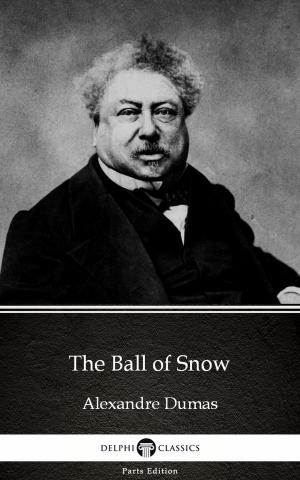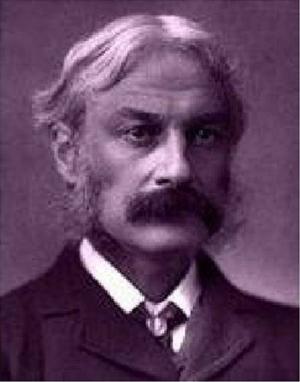On the Future of our Educational Institutions - Homer and Classical Philology
Fiction & Literature, Psychological, Classics| Author: | Friedrich Wilhelm Nietzsche | ISBN: | 1230001023114 |
| Publisher: | @AnnieRoseBooks | Publication: | April 6, 2016 |
| Imprint: | Language: | English |
| Author: | Friedrich Wilhelm Nietzsche |
| ISBN: | 1230001023114 |
| Publisher: | @AnnieRoseBooks |
| Publication: | April 6, 2016 |
| Imprint: | |
| Language: | English |
"On the Future of our Educational Institutions" comprehends a series of five lectures delivered by Nietzsche when Professor of Classical Philology at Băle University. As they were prepared when he was only twenty-seven years of age, we can scarcely expect to find in them that broad, "good European" point of view which we meet with in his later works. These lectures, however, are not only highly interesting in themselves; but indispensable for those who wish to trace the gradual development of Nietzsche's thought.
Nietzsche's aim, as is now pretty well known, was the elevation of the type man. At this period of his life he believed that this end could be best attained by the protection and careful development of men of genius, Hence his antagonism in the following lectures towards the purely time-serving German schools and colleges of his age, in which culture was not only neglected but not even known—the one aim of the teachers being to instruct the pupils in the art of "getting on," of playing a successful part in the struggle for existence, of becoming useful citizens. Of course, Nietzsche was too little of a wild reformer to be adverse to a schooling of this nature. He freely admits that a bread-winning education is necessary for the majority, and that officials are necessary to the State; but he adds that everything learnt as a preparation for taking part in the commercial or political battle of life has nothing to do with culture. True culture is only for a few select minds, which it is necessary to bring together under the protecting roof of an institution that shall prepare them for culture, and for culture only. Such an institution, he goes on to say, does not yet exist; but we must have it if the delicate flower of the German mind is no longer to be choked by the noxious weeds which have gathered round it. As instances of minds thus "choked," Nietzsche mentions Lessing, Winckelmann, and Schiller.
"On the Future of our Educational Institutions" comprehends a series of five lectures delivered by Nietzsche when Professor of Classical Philology at Băle University. As they were prepared when he was only twenty-seven years of age, we can scarcely expect to find in them that broad, "good European" point of view which we meet with in his later works. These lectures, however, are not only highly interesting in themselves; but indispensable for those who wish to trace the gradual development of Nietzsche's thought.
Nietzsche's aim, as is now pretty well known, was the elevation of the type man. At this period of his life he believed that this end could be best attained by the protection and careful development of men of genius, Hence his antagonism in the following lectures towards the purely time-serving German schools and colleges of his age, in which culture was not only neglected but not even known—the one aim of the teachers being to instruct the pupils in the art of "getting on," of playing a successful part in the struggle for existence, of becoming useful citizens. Of course, Nietzsche was too little of a wild reformer to be adverse to a schooling of this nature. He freely admits that a bread-winning education is necessary for the majority, and that officials are necessary to the State; but he adds that everything learnt as a preparation for taking part in the commercial or political battle of life has nothing to do with culture. True culture is only for a few select minds, which it is necessary to bring together under the protecting roof of an institution that shall prepare them for culture, and for culture only. Such an institution, he goes on to say, does not yet exist; but we must have it if the delicate flower of the German mind is no longer to be choked by the noxious weeds which have gathered round it. As instances of minds thus "choked," Nietzsche mentions Lessing, Winckelmann, and Schiller.















